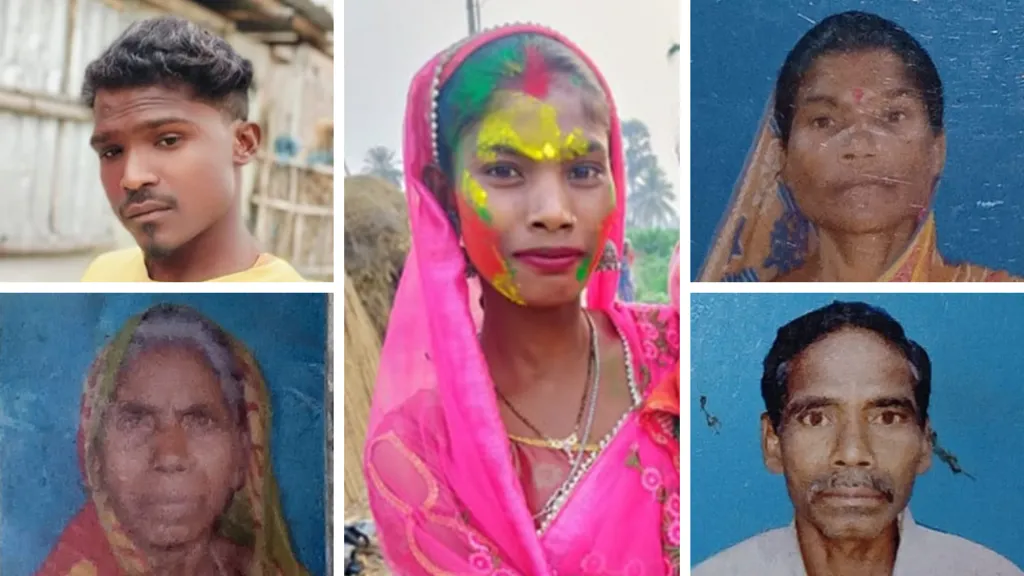In a chilling episode that has gripped India, five members of a single family were brutally murdered in Tetgama village, Bihar, on the night of 6 July after being accused of practicing witchcraft. The victims, all from the Oraon tribal community, were allegedly burned alive by a mob fueled by superstition and rage.
Among the deceased was 71-year-old Kato Oraon, her son Babulal, his wife Sita Devi, their son Manjit, and daughter-in-law Rani Devi. The family’s youngest son, a teenager, was the sole survivor of the horrific attack.
According to Manisha Devi (name changed), a relative and witness, the ordeal began around 10pm when a mob led by Ramdev Oraon, another villager, gathered outside Babulal’s home. Ramdev had reportedly accused the family of using witchcraft to cause the death of his son, who had fallen sick and died ten days earlier.
Eyewitnesses claim that Ramdev brought another sick relative, a teenage nephew, to the victims’ home that night, where a village exorcist conducted rituals. The exorcist allegedly declared Kato and Sita Devi as witches, blaming them for the illness and deaths.
Kato was dragged outside and ordered to heal the boy within half an hour. Sita, who had been visiting her mother in a neighboring village, was summoned back under threats to her family’s life.
As tensions escalated, Babulal and Manjit were attacked while trying to defend their loved ones. Rani Devi was also beaten as she tried to protect her husband. When Sita and her son arrived, they were assaulted as well.
The violence ended in tragedy as the five were killed and their bodies reportedly burned. Police have filed a case and named Ramdev as the prime suspect, though he remains at large.
The massacre has left Tetgama in shock. Most villagers have fled, abandoning homes out of fear. The incident underscores the persistent grip of superstition in parts of India and the deadly consequences it can yield, particularly in marginalized tribal communities. Over 2,500 alleged witchcraft-related murders were recorded in India between 2000 and 2016. The Tetgama killings now add to this grim tally

